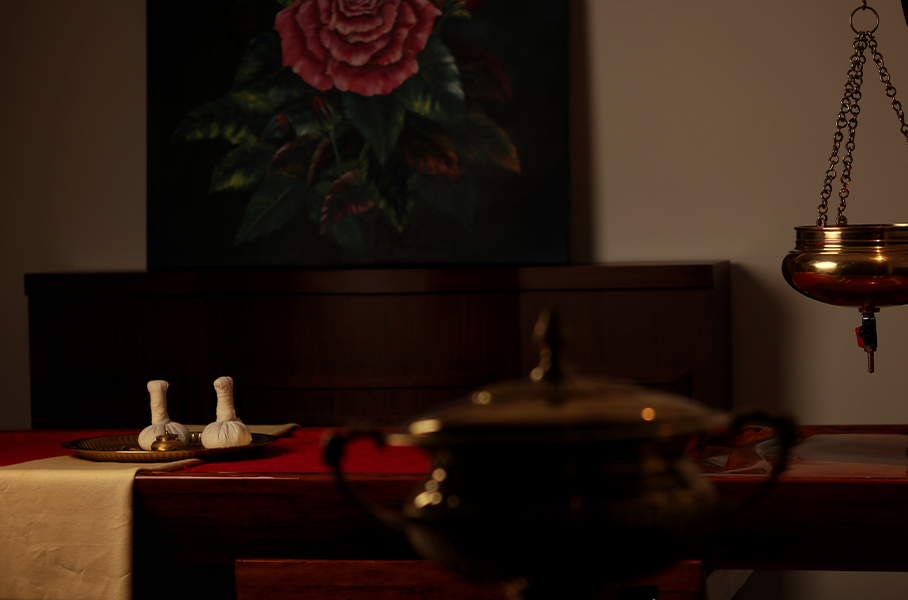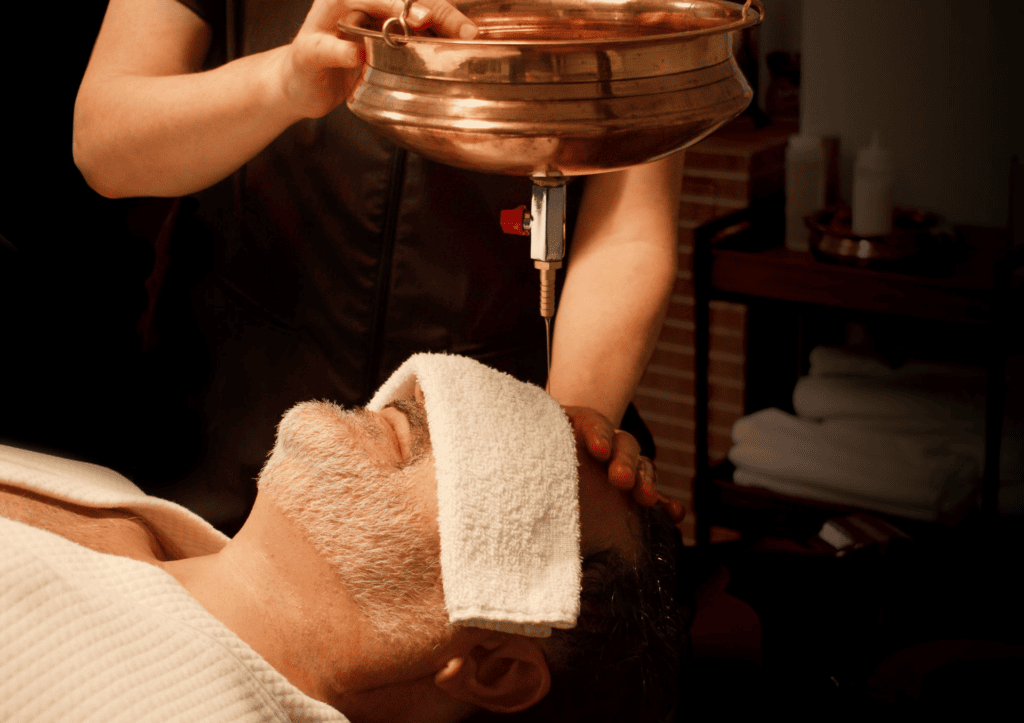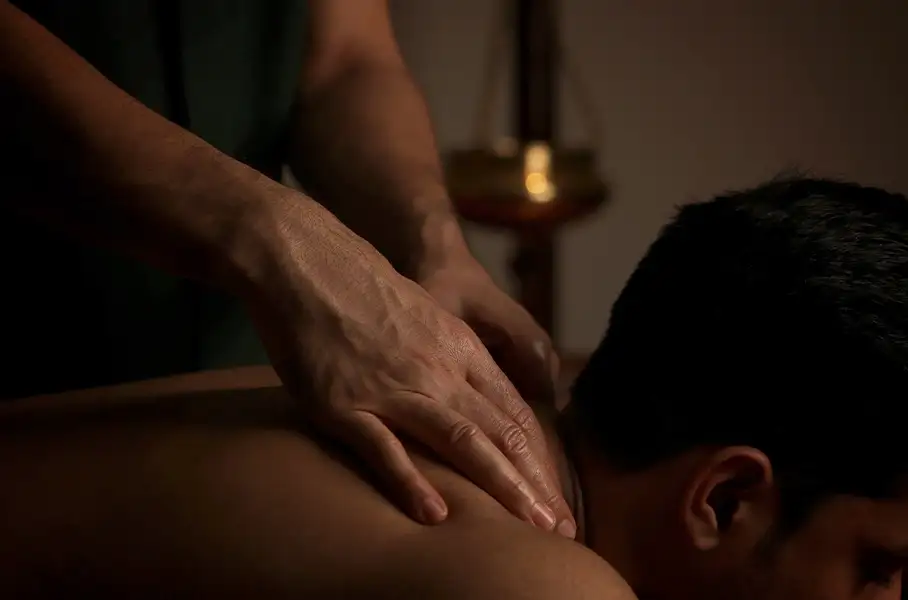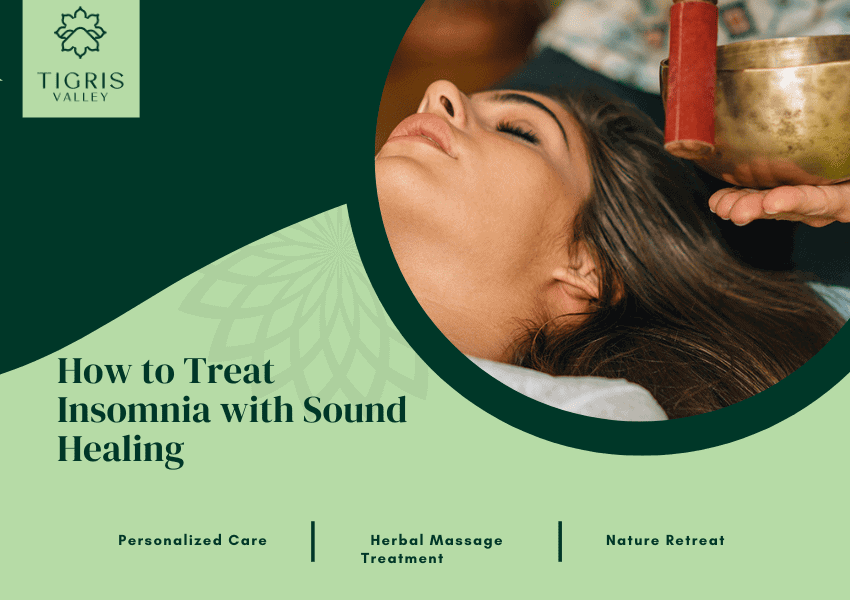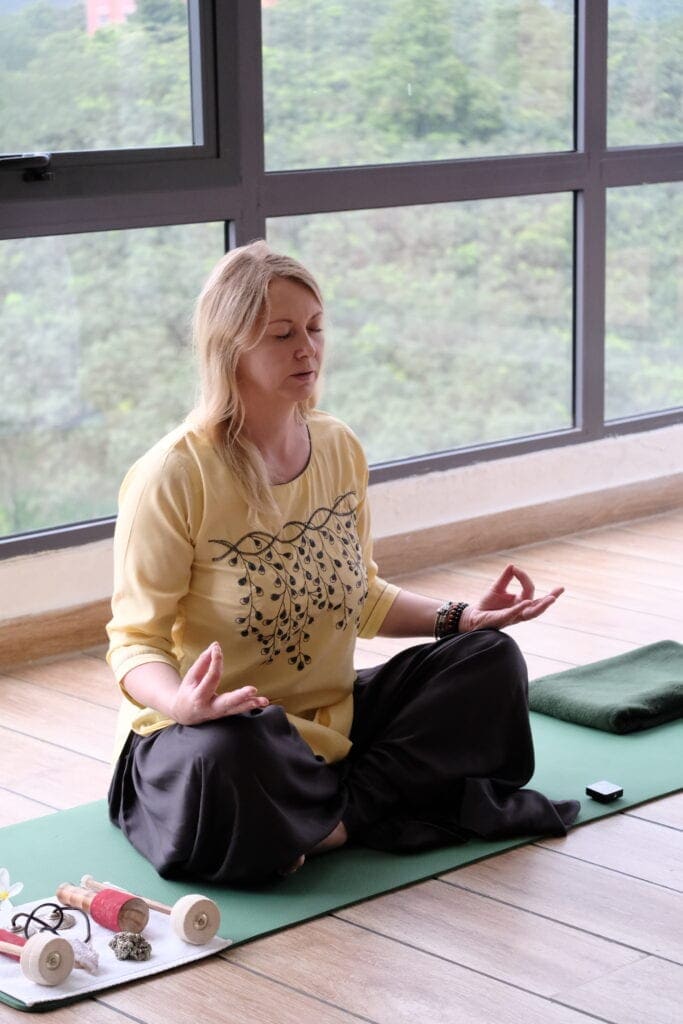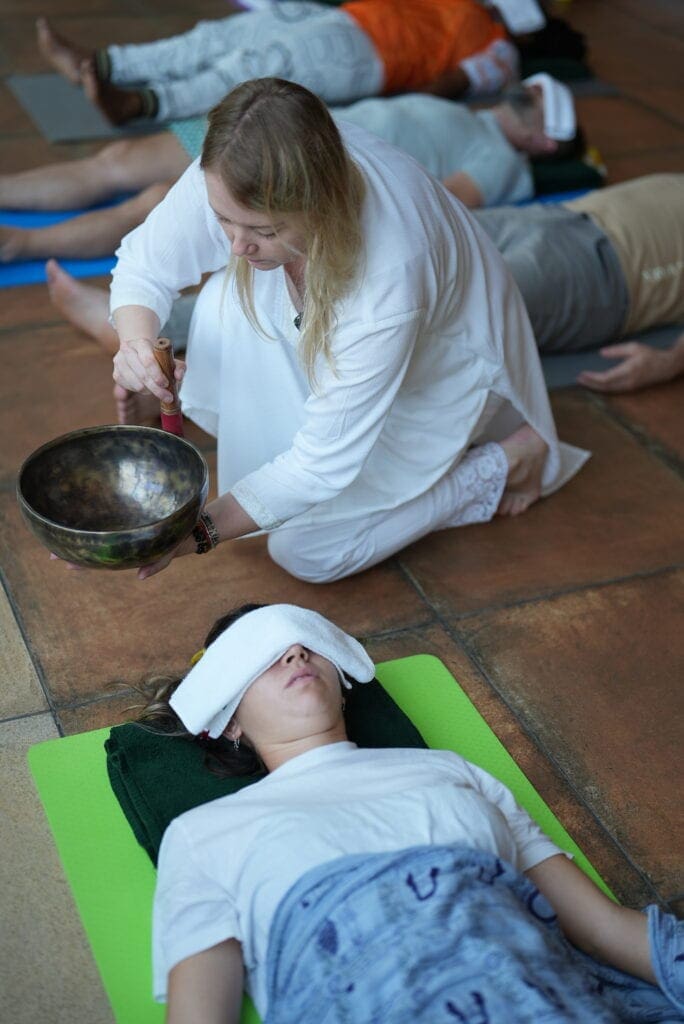Transform Your Health with Ayush Treatments at India’s No. 1 Wellness Hospital: Tigris Valley Wellness Retreat
Are you seeking a natural approach to healing and wellness? Look no further than Ayush treatment. Tigris Valley’s Ayush treatments offer a holistic and personalized approach to health, targeting the mind, body, and spirit. In recent years, there has been a growing interest in alternative and complementary medicine particularly in Ayush treatments. AYUSH stands for Ayurveda, Yoga & Naturopathy, Unani, Siddha, and Homoeopathy. These systems offer personalized therapies that focus on balance and prevention. Whether you’re dealing with chronic pain, stress, digestive issues, or even skin problems, Ayush offers effective solutions that work in harmony with your body’s healing processes.
Ayush treatment focuses on prevention rather than just symptom management. By addressing the root causes of health imbalances, Ayush seeks to promote long-term wellness and minimize the recurrence of health issues. This approach empowers individuals to take charge of their health and make sustainable lifestyle choices. As people increasingly seek natural and complementary alternatives to conventional medicine, Ayush has gained recognition for its potential to promote overall wellness and address various health concerns. By integrating these practices Ayush treatments offer a comprehensive pathway to healing and energy.
Tigris Valley, a luxury wellness hospital in India provides Ayush treatments focusing on personalized care that promotes balance and well-being. Our wellness centers offer a range of therapies, from herbal remedies and detoxification to yoga classes and customized homeopathy treatments. By integrating these methods, the Tigris Valley enhances a dynamic wellness culture that addresses contemporary health challenges while honoring its rich heritage.
What is Ayush Treatment?
Ayush is a comprehensive system of natural healing that originated in ancient India. It encompasses many traditional and complementary medicine practices, including Ayurveda, yoga, naturopathy, Unani, Siddha, and homeopathy. At the core of Ayush’s treatment is the belief that true health and wellness can only be achieved by addressing the mind, body, and spirit.
Ayurveda
Ayurveda is the most well-known component of Ayush that focuses on maintaining a balance between the three fundamental energies or “doshas” – vata, pitta, and kapha. Ayurvedic practitioners use a range of natural therapies, such as herbal remedies, dietary modifications, and lifestyle changes, to restore this balance and promote overall well-being. Ayurveda aims to address not just symptoms but the underlying causes of health issues, promoting overall well-being and prevention. Techniques like Panchakarma detoxification therapy and other Ayurvedic treatments help to restore equilibrium and enhance the body’s natural healing process.
Yoga & Naturopathy
Yoga and Naturopathy are essential elements of the AYUSH system, promoting holistic health through natural practices. Yoga is a powerful practice that combines physical postures, breathing techniques, and meditation to enhance strength, flexibility, and mental clarity, while also reducing stress and promoting emotional trauma healing. Naturopathy promotes healing through natural remedies, emphasizing diet, exercise, and detoxification. Together, they offer a comprehensive approach to wellness, addressing both the root causes of health issues and encouraging preventive care for a balanced, healthy life.

Unani
Unani medicine is a traditional healing system within the Ayush treatment that originated from ancient Greek medicine and utilizes a range of herbal remedies, dietary therapies, and manual techniques. It aims to balance the body’s fluids to maintain health and treat illness. By focusing on the interconnection between body and mind, Unani aims to address both the symptoms and underlying causes of health issues and promote overall wellness.
Siddha
Siddha is an ancient Tamil healing system within the AYUSH system. It aims to restore balance and promote overall health. Siddha practitioners focus on the use of minerals, metals, and specialized herbal formulations customized to the patient’s unique constitution. The system is built on the concept of five elements (earth, water, fire, air, and ether) and focuses on full-body detoxification and rejuvenation.
Homeopathy
Homeopathy is a vital component of the Ayush system and relies on the principle of “like cures like,” using highly diluted natural substances to stimulate the body’s healing mechanisms. This personalized approach aims to activate the body’s natural healing mechanisms, promoting recovery and restoring balance. Homeopathy is commonly used for various conditions, including allergies, chronic illnesses, and emotional disturbances.
What Are the Benefits of AYUSH Treatments?
AYUSH treatments offer numerous benefits, emphasizing a holistic approach that addresses physical, mental, and emotional health. These therapies are personalized to the person’s unique constitution and lifestyle ensuring more effective care. One of the primary benefits of Ayush treatment is its emphasis on natural remedies and holistic healing. By harnessing the power of nature, Ayush practitioners seek to address the root causes of health imbalances, rather than simply managing symptoms. This approach enhances physical well-being and supports emotional and spiritual balance, leading to an integrated and sustainable well-being. Another key advantage of Ayush treatment is its personalized approach. Need to consult an Ayurvedic practitioner for a detailed assessment of a people’s unique constitution, or “Prakriti,” and then develop a customized Ayurvedic treatment plan that takes into account their specific needs and imbalances. This personalized approach ensures that the interventions are customized to the person, maximizing the effectiveness of the treatment.

Ayush treatment aims to minimize the recurrence of problems and empower individuals to take an active role in their health journey. Utilizing natural remedies, Ayush systems often result in fewer side effects compared to conventional medications. They focus on preventive health through lifestyle modifications and stress management, helping to avoid chronic illnesses. Yoga and meditation enhance mental clarity and emotional balance, encouraging a deeper mind-body connection. Detoxification methods, like Ayurvedic panchakarma treatment, remove accumulated toxins and promote rejuvenation. Additionally, Ayush treatments are effective for managing chronic conditions and can be integrated with modern medicine, providing a comprehensive approach to health and wellness.
Can AYUSH treatments help with mental health like stress, and anxiety?
Ayush treatment offers a holistic approach to addressing mental health concerns, such as stress, anxiety, and depression. The practices within the Ayush framework, particularly Ayurveda and yoga, are well-known for their ability to promote mental and emotional well-being. Ayurveda including herbal remedies, dietary modifications, and lifestyle changes, to restore this balance and reduce mental health issues. Ayurvedic herbs like ashwagandha, brahmi, and tulsi are known for their adaptogenic properties, which help the body and mind adapt to stress. These herbs can be used in various formulations to help manage anxiety, depression, and other stress-related conditions.
Additionally, Ayurvedic practices like meditation, deep breathing exercises, and yoga asanas can significantly promote stress relaxation treatments, leading to improved mental clarity and emotional stability. Yoga, as an integral part of Ayush treatment, is particularly effective in addressing mental health concerns. The physical postures, coupled with breathwork and meditation, help to calm the mind, reduce anxiety, and improve mood. Regular yoga practice has been shown to increase the production of feel-good neurotransmitters like serotonin and dopamine, which can reduce symptoms of depression and anxiety. Naturopathy focuses on natural therapies and lifestyle modifications to support mental well-being, while homeopathy provides individualized remedies to reduce anxiety and emotional disturbances. Additionally, AYUSH practitioners offer counseling and lifestyle guidance that enhance mental health.
Are AYUSH treatments effective for chronic diseases?
AYUSH treatments can be effective for managing chronic diseases by offering a holistic approach that targets the root causes of health issues rather than just reducing symptoms. One of the key strengths of Ayush treatment in chronic disease management is its focus on preventive care. Our ayurvedic practitioners at Tigris Valley focus on identifying the root causes of imbalances and addressing them proactively, rather than simply treating the symptoms. This approach can help to slow the progression of chronic diseases and, in some cases, even reverse the underlying conditions. Ayurvedic interventions are effective in managing conditions like diabetes, hypertension, and cardiovascular diseases and they can also be beneficial for cardiac rehabilitation.
Ayurvedic herbs, such as guduchi, turmeric, and ashwagandha, have been shown to possess anti-inflammatory, antioxidant, and blood sugar-regulating properties, which can help to improve the body’s overall metabolic function and reduce the risk of chronic complications. Ayurveda provides personalized treatment plans using herbal remedies, dietary changes, and Full Body Detox processes like Panchakarma to restore balance and enhance overall health. Similarly, Ayush treatment has been successful in managing chronic pain conditions, such as arthritis, fibromyalgia, and neuropathic pain. Ayurvedic massage techniques, herbal remedies, and yoga practices can help to reduce inflammation, improve joint mobility, and enhance the body’s natural pain-relieving mechanisms, providing long-term relief without the adverse side effects often associated with conventional pain management medications.

Ayush treatment has demonstrated promising results in managing conditions like Parkinson’s disease, Alzheimer’s disease, and multiple sclerosis. Ayurvedic herbs, such as Brahmi and Shankh Pushpi, have been found to possess neuroprotective properties, which can help slow the progression of these debilitating conditions and improve the quality of life for patients. Furthermore, Ayush treatment has been effective for chronic skin diseases treatment, such as eczema, psoriasis, and acne, by addressing the underlying imbalances that contribute to these issues.
Ayurvedic herbal formulations, along with lifestyle modifications and detoxification practices, can help to restore the skin’s natural balance and promote healing from within. Unani medicine balances body fluids and employs herbal formulations to manage chronic conditions like respiratory disorders and digestive issues. Siddha focuses on restoring equilibrium through natural remedies and lifestyle adjustments, effectively addressing prevalent chronic ailments. Homeopathy uses highly diluted substances to stimulate the body’s respiratory wellness processes, providing relief for chronic illnesses such as allergies, asthma, and chronic pain. Overall, AYUSH treatments offer a comprehensive and personalized approach to chronic disease management, often complementing conventional treatments and improving the quality of life for persons facing long-term health challenges.
Is it safe to combine AYUSH treatments with conventional medicine?
Combining AYUSH treatments with conventional medicine can be safe and effective, but it requires careful consideration and professional guidance. Many patients find that integrating these approaches enhances their overall health and well-being. It is essential to consult our healthcare professionals from both AYUSH and conventional medicine before starting any new treatments to ensure all practitioners are aware of the medications and therapies being used. One of the key benefits of combining Ayush and conventional medicine is the synergistic effect it can have on the body. Ayurvedic remedies, for instance, can help to mitigate the side effects of conventional medications, while also enhancing their therapeutic benefits. This is because Ayurvedic treatments often work by addressing the root causes of health imbalances, which can complement the targeted approach of conventional medicine. In the management of chronic conditions like diabetes treatment or hypertension, Ayurvedic herbs, and dietary modifications can be used alongside conventional medications to improve overall metabolic function, reduce the risk of complications, and enhance the body’s ability to respond to treatment.
Similarly, in the case of cancer treatment, Ayurvedic practices like meditation and herbal remedies can be used alongside conventional therapies to alleviate the side effects of chemotherapy and radiation, while also supporting the body’s natural healing processes. Furthermore, patients should always inform their healthcare providers about any Ayush treatments they are using, as some herbal remedies or supplements may interact with conventional medications. By maintaining open communication and a collaborative approach, healthcare providers can ensure the safe and effective integration of Ayush and conventional treatments, optimizing the overall well-being of the patient.
Ayush treatment techniques and therapies for body detoxification
AYUSH treatment systems offer various techniques and therapies for body detoxification, aiming to eliminate toxins and restore balance. One of the key Ayush techniques for body detoxification is Panchakarma Treatment, a comprehensive system of Ayurvedic purification therapies. Panchakarma involves a series of five specialized procedures, including Vamana (therapeutic vomiting), Virechana (purgation), Basti (enema), Nasya (nasal administration of herbal preparations), and Raktamokshana (blood-letting).

The Panchakarma treatment in Kerala is designed to eliminate accumulated toxins, known as ama, from the body through various channels. For instance, Vamana helps to remove toxins from the digestive system, while Virechana focuses on eliminating impurities through the intestines. Basti, on the other hand, targets the colon and helps to restore balance in the gut microbiome. These targeted detoxification techniques are often combined with herbal remedies, dietary modifications, and lifestyle changes to enhance their effectiveness. Ayush treatment also incorporates other detoxification practices, such as Yoga Nidra (a form of guided meditation), Shirodhara (a therapeutic oil dripping technique), and Abhyanga (Ayurvedic massage). These therapies work to calm the mind, improve circulation, and promote the elimination of toxins through the skin and other channels. Including AYUSH treatment techniques allows people to engage in deep cleansing and rejuvenation, targeting the root causes of health imbalances for long-term well-being. The personalized approach of AYUSH ensures that the detoxification process is customized to each person’s unique needs, maximizing benefits while minimizing discomfort and side effects.
How to Choose the Right Wellness Hospital Offering AYUSH Treatments?
Discovering the right wellness hospital specializing in Ayush treatment can be a transformative experience in your journey toward natural healing and wellness. These specialized healthcare facilities offer a comprehensive range of Ayurvedic, yoga, and other Ayush-based therapies, all under the guidance of highly trained and experienced practitioners. Tigris Valley, a premium wellness retreat center provides Ayush treatments from qualified Ayurvedic practitioners.
When searching for an Ayush treatment wellness hospital, it’s important to look for one that is accredited and recognized by the relevant government authorities, such as the Ministry of Ayurveda, Yoga & Naturopathy, Unani, Siddha and Homoeopathy (AYUSH) in India. This ensures that the hospital follows strict quality standards and employs qualified professionals who are experts in their respective Ayush modalities. it’s essential to consider the range of therapies offered. Look for facilities that provide a comprehensive suite of Ayurvedic treatments, including Panchakarma, herbal remedies, and Ayurvedic massage, alongside yoga, meditation, and other AYUSH practices. This diversity allows for a more personalized and holistic approach to your health and wellness needs. It is also important to choose an AYUSH treatment wellness hospital that offers a truly individualized approach to patient care. Look for facilities that conduct thorough assessments of your unique constitution, health history, and current imbalances, leading to a customized treatment plan. This personalized approach, central to the AYUSH philosophy, significantly enhances the effectiveness of the treatments.
When choosing a wellness hospital providing AYUSH treatment, consider the qualifications and experience of the practitioners, the cleanliness and safety of the facilities, and the overall atmosphere. A good wellness hospital should offer a calm and nurturing environment that supports your journey to better health and well-being. Seek recommendations from friends, family, or healthcare professionals who may have experience with AYUSH treatments. By researching and choosing an AYUSH treatment wellness hospital that matches your values and health goals, you can start a transformative journey of natural healing and holistic well-being. With the right AYUSH care, you can achieve greater energy, balance, and resilience in your life.
Ayush treatments encompass traditional healing practices from Ayurveda, Yoga, Unani, Siddha, and Homeopathy. These Ayush Wellness Treatments aim to promote overall wellness and balance within the body. An Ayush treatment hospital typically offers a range of services, including personalized treatment plans, herbal remedies, yoga sessions, and dietary guidance, all tailored to individual health needs. This integrated approach helps in managing various health conditions while enhancing physical and mental well-being.

Tigris Valley, a luxury Wellness Resort in India, offers AYUSH treatments a pathway to complete healing, integrating traditional practices with modern wellness approaches. The retreat provides a range of therapies, including Ayurvedic treatments like Panchakarma, herbal remedies, and rejuvenating massages, designed to restore balance and promote overall health. Our team of highly skilled and experienced Ayurvedic practitioners, yoga instructors, and wellness experts have come together to create a comprehensive Ayush treatment program that addresses the mind, body, and spirit. From the moment you step foot on our grounds, you’ll be immersed in an environment that is conducive to deep relaxation, introspection, and the activation of your body’s natural healing abilities.
Our skilled practitioners will guide you through a profound AYUSH treatment experience, tailoring the treatments to your unique constitution and health needs. The Panchakarma process includes therapeutic vomiting, purgation, specialized enemas, and oil massages, leaving you feeling rejuvenated, cleansed, and ready to embark on a new chapter of health and vitality. Alongside Panchakarma, our Ayush treatment program incorporates a range of modalities, including Ayurvedic herbal remedies, yoga and meditation practices, and personalized dietary and lifestyle recommendations. Our tranquil natural environment, featuring lush greenery, flowing streams, and stunning mountain landscapes, creates the ideal backdrop for your AYUSH treatment journey. From delicious Ayurvedic-inspired meals by our in-house chefs to the soothing ambiance of our treatment rooms, every element of your stay is designed to enhance your healing and personal growth.













